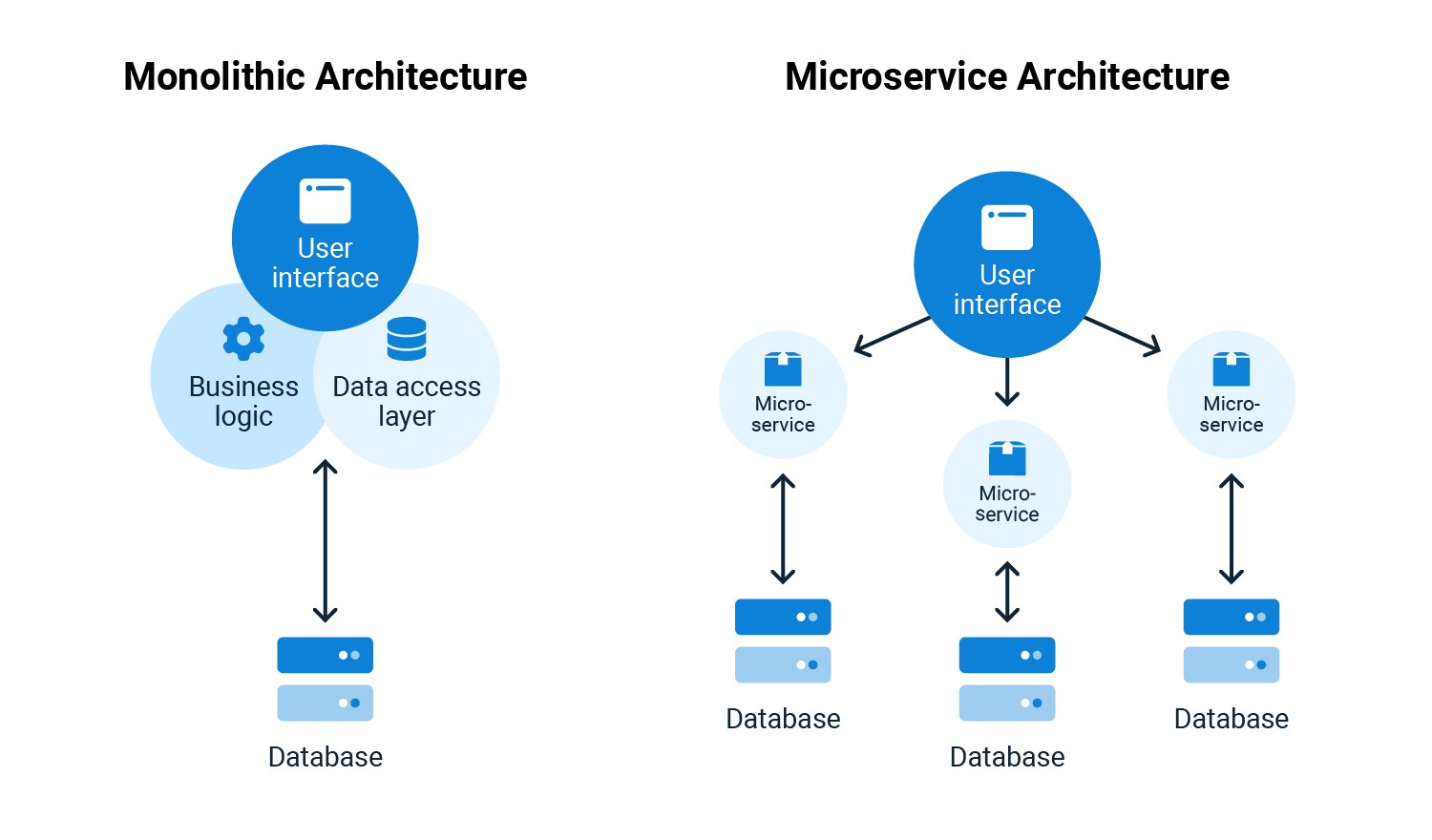Mastering Scalability: A Comprehensive Guide to Building SaaS Products
Introduction: The Fundamentals of SaaS Architecture
When I first dabbled in the world of Software as a Service (SaaS), I was overwhelmed by the complexities of building scalable architectures. However, after a decade of hands-on experience, I've come to appreciate the beauty of a well-architected SaaS product. Let's start by understanding the fundamentals of SaaS architecture, focusing on scalability and reliability.
Multi-tenancy Models: Choosing the Right Approach for Your SaaS
One of the first decisions you'll make is choosing between single-tenancy and multi-tenancy models. While single-tenancy provides isolation, multi-tenancy is generally more cost-effective and scalable. Remember that time when I had to migrate a single-tenant application to a multi-tenant one? It was a nightmare! So, choose wisely.
Database Design: Strategies for Handling Growing Data Volumes
As your SaaS product grows, so does your data. Proper database design can help manage this growth. Techniques like partitioning, indexing, and denormalization are crucial. Remember, a poorly designed database can cripple your application!
API Architecture: Building Flexible, Versioned APIs
APIs are the backbone of your SaaS product. They need to be robust, flexible, and versioned. I've learned this the hard way when a sudden API change broke our client's application. RESTful APIs with JSON are a good starting point, but consider GraphQL for complex data structures.
Authentication & Authorization: Secure Access Management at Scale
With great power comes great responsibility. As you scale, so do your security risks. Implementing a robust authentication and authorization system is vital. OAuth and JWT are proven solutions, but don't forget about single sign-on (SSO) for larger enterprises.
Performance Optimization: Caching, CDNs, and Other Scaling Techniques
Performance is key. Caching, content delivery networks (CDNs), and load balancing can drastically improve performance. Remember, a slow application is a fast way to lose customers!
Monitoring & Observability: Tools and Practices for SaaS Operations
What you can't measure, you can't improve. Monitoring and observability tools help you keep your finger on the pulse of your application. Tools like Prometheus, Grafana, and the ELK Stack have been my trusted allies in this battle.
Deployment Strategies: CI/CD Pipelines for Reliable SaaS Delivery
Finally, a good deployment strategy is vital. Continuous integration/continuous delivery (CI/CD) pipelines automate testing and deployment, reducing errors and accelerating releases. Trust me, nothing beats the assurance of a well-tested and smoothly deployed application update.
Conclusion
Building scalable SaaS products is more of a marathon than a sprint. It requires thoughtful planning, disciplined execution, and continuous learning. But with the right approach, it can be an incredibly rewarding journey. Happy building!
